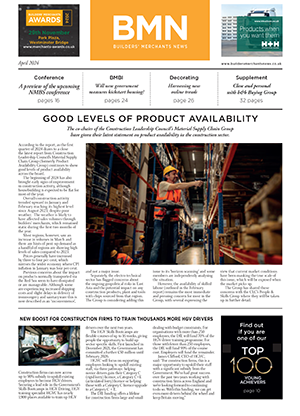SMEs can reduce exposure and contribute more through growth – radically shortening the 'scaling void' by combining both ‘twist’ and ‘stick’ approaches, according to Gary David Smith, the co-founder of Prism Solutions.
‘Twisting’ is essentially when a business reacts to market forces, whilst ‘sticking’ is all about remaining steadfast in your approach and not being easily persuaded into changing. Neither approach in isolation is the right way. It really is a combination effect nowadays, it’s more of a pivot. Choosing to just solely stick is as equally risky as solely twisting with market forces, regional trends or economic influences for entrepreneurs as it is the wider business community. A careful balance between the two must be found. Businesses face equal risk with contraction - as opposed to growth - or even worse, extinction.
Moving out of the uncertainty phase to exponential growth can be “confusing and paralyzing for many people. Many entrepreneurs sit in the conundrum pond not knowing which way to swim. Well, the answer is both. One must ‘stick to the knitting’ whilst preparing for change simultaneously.
There is a lot of work to do prior to scaling up. SMEs make up a big part of the private sector companies that inevitably face the scale up conundrum in 2017, there were 5.7 million private sector businesses in the UK, up by 197,000 or 4% since 2016. SMEs continue to make up 99.3% of all businesses and generate over £1 trillion turnover for the UK’s economy. The period of time after start-up and scale-up can vary greatly between SME's. This phase can last many years, even into a decade before true growth and scale occurs.
But techniques for speeding up this seemingly unquantifiable transition from budding business to a company like Prism with over 60 staff often proves difficult for entrepreneurs. SME's face a number of pre-scaling issues such as capital limitations, lack of management team experience, changing market conditions and a presumption that they have already succeeded. The problem is that techniques for scaling-up still lack clear definition.
In terms of the ‘sticking’ principle, many opportunities may entice you, but entrepreneurs should not obsess about the trade-offs as often as they do. The old adage is very true. All that glitters is not gold. Regardless of what’s happening in the market place, avoid a knee-jerk reaction
At the same time, we must keep an ever-watchful eye on opportunities and threats created by market forces. Technology is the biggest transformation in recent years with all businesses now being tech businesses. But whilst technology is often cited as a major disrupter, there are many opportunities to scale non tech businesses if the market demand and entrepreneur desire aligns. The UK enjoys one of the best start-up rates for business in the developed world. However, this success is not replicated when it comes to scaling-up new or small businesses.
The UK has an incredible track record in starting up new businesses but we need to maintain these businesses and support those scaling-up. The UK is only 13th for scaling up businesses among Organisation for Economic Co-operation and Development nations. The rewards for winning the scale-up game are well worth fighting for.
It is very pleasing and reassuring to see the first shoots of life in the business you started. Maybe it’s the sign above the door, or the collection of coffee cups that has grown from one – yours - to now ten - or the sound of your newly on boarded team reciting your product features to a client or new team member.







